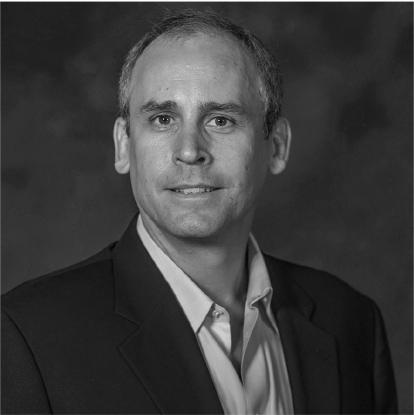Predictions of the duration, devastation, and depth of a CORONA recession are much less than a mathematical certainty. They are unreliable; they are not useful planning tools. To date, these models have only been predictably wrong. To the extent such predictions undermine confidence and inhibit investment, they may do more harm than good.
Yes, CORONA shut down cities and slowed the economy. But Hurricane Katrina and Hurricane Sandy did too. Both Katrina and Sandy shut down small businesses (e.g., retail and restaurants), created unemployment, and had a national economic impact. The storms also brought massive physical devastation – destroying roads, bridges, homes, commercial buildings, and infrastructure. Katrina’s death toll (as a percentage of urban population) was more than twice the current worstcase scenario for CORONA deaths. Although Sandy was a less powerful storm, it had an arguably more significant economic impact than Katrina.
New Orleans took years to recover from Katrina. But New York was largely up and running within a year of Sandy.
Why the difference?
With Katrina, population displacement crippled New Orleans. A quartermillion people, more than half of the city’s population, left New Orleans after the storm. There weren’t enough people around to restart the economy. Bureaucracy, corruption, and political infighting diluted relief efforts. Government dysfunction and chaos hampered the recovery.
Sandy did not depopulate a region. Relief efforts were better coordinated, and officials set aside political differences to present unified leadership. With greater optimism, business leaders got back into the game quickly.
Unlike major hurricanes, CORONA has not depopulated urban centers or created physical devastation. We don’t need to rebuild infrastructure to house the economic engine. The machine is intact. CORONA has not depopulated the nation. The nation hasn’t gone anywhere. We remain in our communities and we are anxiously awaiting the “all clear.” We want a return to normalcy, the ability to go out for a veggie burger, get a haircut, see a movie, hang at the beach, grab a drink, travel, and get back to our careers. These simple individual desires aggregate to a massive economic force. CORONA may have unplugged the machine, but the machine is intact. We just need to prime the pump and plug it back in.
Forget the doomsayers. If we are damned, then nothing will save us and we might as well throw caution to the winds and have one last giant party. But if you believe that we are capable of recovery, don’t let some economic forecast tell you when it’s time to move forward. Start now. Officials must set aside differences and prepare to support business. Businesspersons should be planning to forge ahead as soon as health experts tell us it is safe to do so. Get ready to make an honest profit. Those who invested early in rebuilding after Katrina and Sandy were well rewarded.
Some may point out that this is not a regional matter, it is not a national matter, it is a worldwide issue. Well, so was the economic emergence after WWII. But the US proposed during that recovery – because we had faith and the willingness to invest in ourselves.
In 1943, Paul Samuelson, a future Nobel Prize winning economist, wrote that at WWII’s end “some ten million men will be thrown on the labor market.” He predicted “the greatest period of unemployment and industrial dislocation which any economy has ever faced.” Gunnar Myrdal, another Nobel winner, predicted that postwar economic turmoil would be so severe that it would generate an “epidemic of violence.”
They were wrong. America prospered in the post-war recovery. Yogi Berra was right to say, “Predictions are dangerous, especially those about the future.” I agree with Mark Cuban, “We are the most entrepreneurial country in the world.” Entrepreneurial energy is the fuel that will drive a more rapid recovery.
We must build confidence, encourage investment, support entrepreneurship, and the results will follow sooner than expected.











